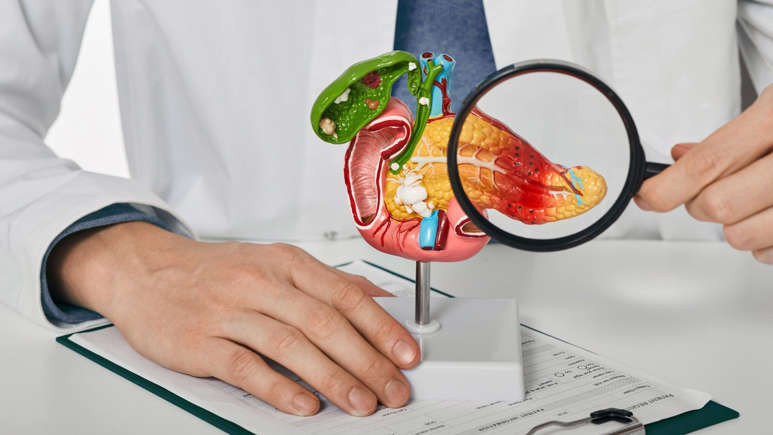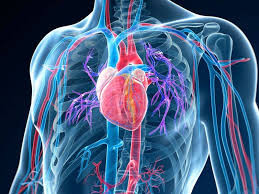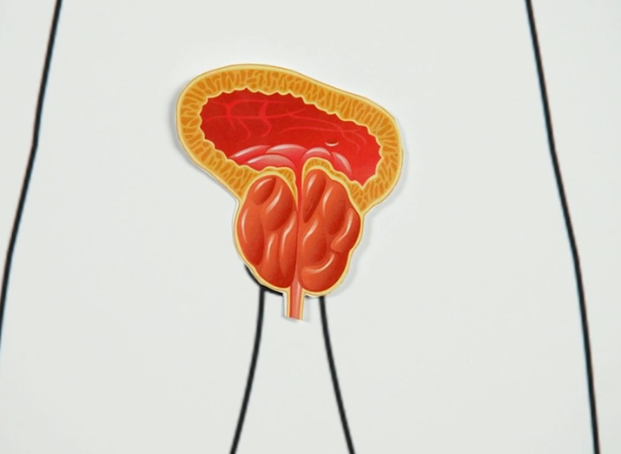Obesity has overtaken smoking as the leading cause of major cancers, according to new research revealing the “devastating” impact of Britain’s weight problem.
Excess weight is now fuelling 4,000 more cases of bowel, kidney, ovarian and liver cancer than those caused by smoking, the study found. Britain has the highest rates of obesity in Western Europe, with rates rising even faster than those in the United States.
Around 29 per cent of UK adults are now obese – twice the level in 1993. And one third of children are overweight or obese by the time they leave primary school.
The new study by Cancer Research UK shows that excess weight is now causing around 1,900 more cases of bowel cancer than those caused by smoking, and 1,400 more cases of kidney cancer. Weight problems are causing 460 more cases of ovarian cancer, compared with those caused by smoking, and 180 more cases of liver cancer, the study found.
The charity urged ministers to take action, and ban junk food adverts on TV and online before 9pm. Michelle Mitchell, the charity’s chief executive, said: “As smoking rates fall and obesity rates rise, we can clearly see the impact on a national health crisis when the Government puts policies in place – and when it puts its head in the sand.
“Our children could be a smoke-free generation, but we’ve hit a devastating record high for childhood obesity, and now we need urgent Government intervention to end the epidemic. They still have a chance to save lives.”
Simon Stevens, head of the NHS, also urged ministers to act - warning that significant progress in cancer survival was “in danger of being undone by the fast-growing epidemic of obesity”. “The NHS can’t win the ‘battle against the bulge’ on its own; families, food businesses and government all need to play their part if we’re to avoid copying America’s damaging and costly example,” he said.
Earlier this year, he warned that obesity has become “the new smoking,” as medics said increasing reliance on junk and convenience foods could set back decades of medical advances. It came as research found record levels of obesity among younger generations are set to double the number of weight related cancers within two decades, unless action is taken to change Britain’s diet.
Studies have found that obesity causes 13 types of cancer, and appears to also make some types of disease more aggressive. The trends affect some of the most common and deadly types of the disease
Bowel cancer is the fourth most common type of cancer, with around 42,000 diagnoses and 16,000 deaths in the UK annually. The study found that excess weight is now causing around 4,800 cases of the disease annually, while around 2,900 cases are caused by smoking.
Almost 13,000 people a year are diagnosed with kidney cancer, with 4,600 deaths. The study found that around 2,900 cases can be linked to excess weight, with 1,600 attributed to smoking.
Ovarian cancer - dubbed the silent killer, because it often has few symptoms, in its early stages - is diagnosed in around 7,500 women each year, with just one in three alive a decade later.
The study, based on UK figures for 2015, suggests that 485 cases are caused by excess weight, while smoking is responsible for 25. Being overweight is causing around 1,330 cases of liver cancer a year, while smoking causes around 1,150 cases, the report found.
The figures - which come as separate statistics show the number of smokers has reached a record low - show that obese people now outnumber smokers two to one. Around 13.4 million non-smoking adults are obese, 2017 data shows. Meanwhile, 6.3 million smokers are not obese. In addition, there are 1.5 obese adults who smoke.
Cancer Research UK is among more than 40 health groups urging the Government to introduce its proposals to ban junk food adverts on TV and online before 9pm, as well as two-for-one offers on unhealthy food and drinks.
Professor Linda Bauld, Cancer Research UK’s prevention expert, said: “The huge fall in smoking over the years – partly thanks to advertising and environmental bans – shows that Government-led change works. It was needed to tackle sky-high smoking rates, and now the same is true for obesity.”
Source MSN / Daily Telegraph





